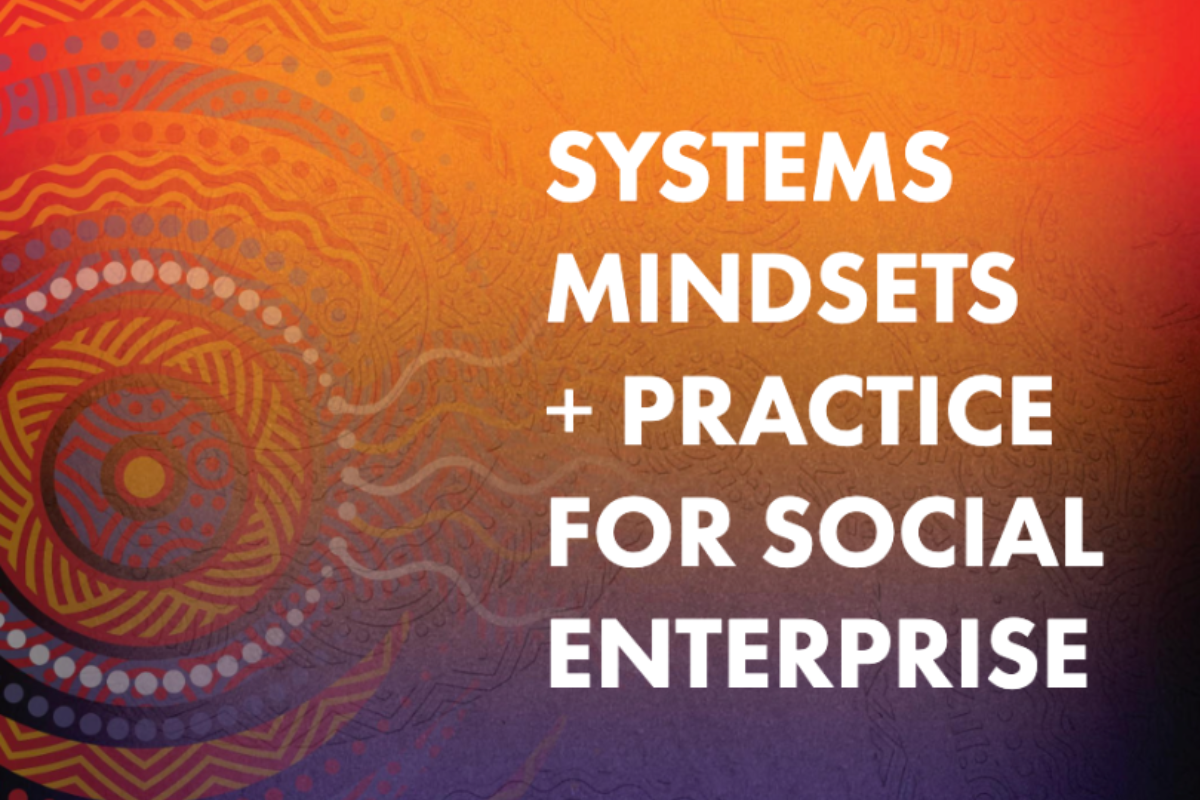
'Systems Mindsets & Practice for Social Enterprise', Social Enterprise World Forum 2022
This resource explores the importance of systems thinking in social enterprise, advocating for interconnected approaches to tackle complex challenges. It introduces key practices, including adopting pluralistic perspectives, fostering collaborative networks, and addressing systemic issues through targeted interventions. By focusing on relationships, complexity, and leverage points, social enterprises can drive meaningful change while balancing specific actions with broader systemic goals.
View resourceSummary
This resource emphasises the need for systems thinking within social enterprise, urging a shift from isolated actions to interconnected approaches that acknowledge complex social and environmental challenges. It highlights three angles for practice:
- Systems mindsets:
- Thinking in plurality: social enterprises benefit from embracing multiple perspectives and understanding that there is no single solution to complex issues. Pluralism encourages blending diverse methods, allowing varied organisational models to coexist and foster respectful dialogue.
- Network Mindset: emphasising relationships over hierarchies, a network mindset fosters distributed leadership and collaborative decision-making. By focusing on connections, social enterprises can amplify collective impact and adapt dynamically to systemic challenges.
- Seeing Complexity: recognizing interconnected, constantly shifting factors within systems, social enterprises are encouraged to move beyond linear cause-and-effect models. Complexity requires flexibility, iterative learning, and openness to uncertainty.
- Systems-level interventions:
- Framing complexity: social enterprises must zoom in on specific issues without losing sight of broader systems, enabling targeted interventions that align with larger systemic goals.
- Leverage points: identifying sensitive intervention points can yield significant change, emphasising shifts in policy, mindsets, and collaboration.
- Developing collaborative networks:
- A systemic approach to social enterprise entails building networks that connect diverse actors across sectors, fostering shared learning, experimentation, and relational infrastructure to address complex, entrenched issues.

We’d love to hear from you!
Reach out to one of our team members, and share input and ideas about how we can evolve Understorey.
Get in touch